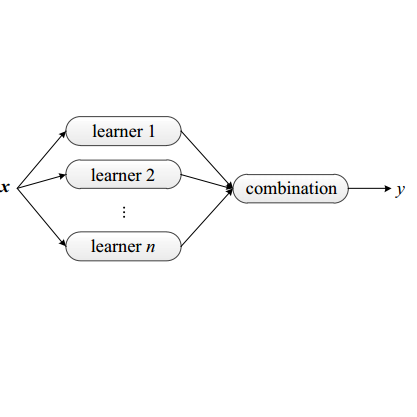Click-through rate (CTR) prediction plays a critical role in recommender systems and web searches. While many existing methods utilize ensemble learning to improve model performance, they typically limit the ensemble to two or three sub-networks, with little exploration of larger ensembles. In this paper, we investigate larger ensemble networks and find three inherent limitations in commonly used ensemble learning method: (1) performance degradation with more networks; (2) sharp decline and high variance in sub-network performance; (3) large discrepancies between sub-network and ensemble predictions. To simultaneously address the above limitations, this paper investigates potential solutions from the perspectives of Knowledge Distillation (KD) and Deep Mutual Learning (DML). Based on the empirical performance of these methods, we combine them to propose a novel model-agnostic Ensemble Knowledge Transfer Framework (EKTF). Specifically, we employ the collective decision-making of the students as an abstract teacher to guide each student (sub-network) towards more effective learning. Additionally, we encourage mutual learning among students to enable knowledge acquisition from different views. To address the issue of balancing the loss hyperparameters, we design a novel examination mechanism to ensure tailored teaching from teacher-to-student and selective learning in peer-to-peer. Experimental results on five real-world datasets demonstrate the effectiveness and compatibility of EKTF. The code, running logs, and detailed hyperparameter configurations are available at: https://github.com/salmon1802/EKTF.
翻译:暂无翻译



